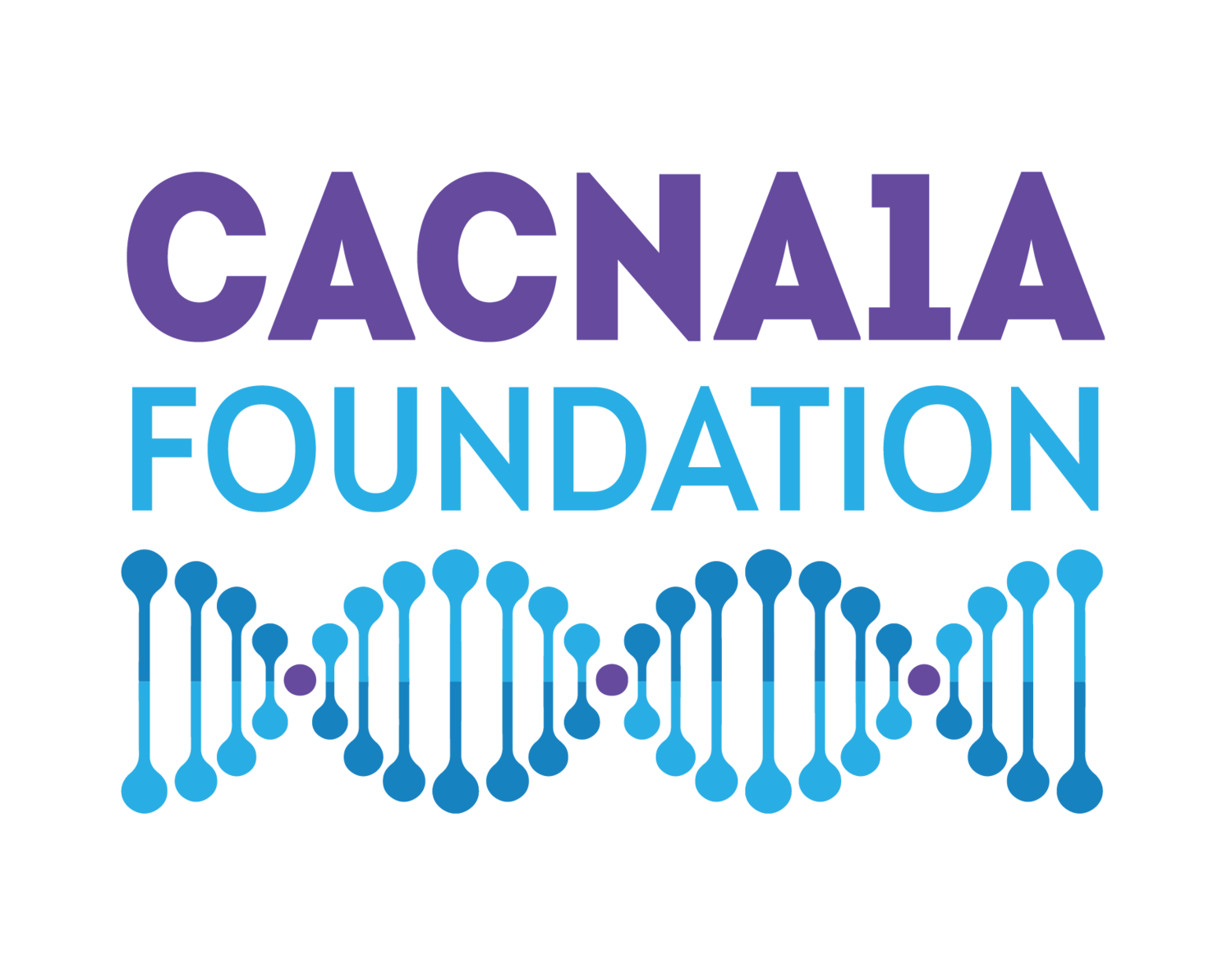Scientific & Medical
Advisory Board
(in alphabetical order)
Zameel Cader, DPhil, MRCP
Zameel Cader is the Director of the Oxford Headache Centre and a Consultant Neurologist at the John Radcliffe Hospital. He is Professor of Neuroscience and Neurology at the Nuffield Department of Clinical Neuroscience. His research programme is focused on understanding the disease process in headache and pain disorders using human stem cell disease models and preclinical models. His work in headache has included investigating the role of the two-pore potassium channel TRESK in migraine and pain. He is also working on developing improved human blood-brain-barrier models and is the academic lead for the IM2PACT consortium. He previously led the StemBANCC consortium which established stem cell resources for academia and industry across Europe. His research group, Translational Molecular Neuroscience, aims to bring more effective treatments arising from bench to bedside. He has founded two start-ups – Oxford StemTech, which uses novel technologies to provide human stem cell reprogramming at scale; and HumanCentric, which provides a platform for de-risked target identification for neurological disorders.
Charles J. Cohen, Ph.D.
Charles J Cohen, Ph.D., is Chief Scientific Officer at BioIntervene, where he leads preclinical research developing treatments for chronic pain, neuroinflammation and neurodegeneration. Prior to joining BioIntervene, he was Vice President of Biology and of Drug Discovery at Xenon Pharmaceuticals. He earlier led research teams and conducted research at Vertex Pharmaceuticals and Merck Research Laboratories. Most of his career has been focused on developing drugs that target voltage-gated calcium and sodium channels. He helped develop widely used drugs that target calcium channels for treating cardiovascular disease. His recent research involved developing a compound now in clinical development for the treatment of a severe childhood epilepsy due to a sodium channelopathy. Dr. Cohen received his PhD in Biophysics and Theoretical Biology from the University of Chicago and received post-doctoral training in the Department of Cardiology, University of Chicago and the Department of Physiology, Yale University.
Henry M. Colecraft, Ph.D.
Henry M. Colecraft, Ph.D. is the John C. Dalton Professor and Associate Vice-Chair in the Department of Physiology and Cellular Biophysics at Columbia University Irving Medical Center. Dr. Colecraft is an international leader in the molecular physiology of ion channel proteins that underlie signaling in nerve cells and the heart. Dr. Colecraft has directed the Ion Channel Physiology Lab over the last 18 years. His research group has contributed seminal advances to understanding molecular mechanisms underlying the regulation of voltage-dependent Ca2+ and K+ channels by accessory subunits, posttranslational modifications, and signaling molecules. His group also studies how inherited mutations in ion channels lead to devastating diseases (known as ion channelopathies) that span the cardiovascular, neurological, and respiratory systems, and in devising new therapies for them. He has an active research program focused on understanding mechanisms underlying CACNA1A-linked neurological disorders and discovering new molecular treatments for these diseases.
Anne Ducros, M.D., Ph.D.
Anne Ducros is a Professor of Neurology at Montpellier University in France since September 2013 and leads the Headache and Migraine team in the Department of Neurology at the University Hospital of Montpellier. She is also a member of the Connectome team in the Charles Coulomb Laboratory at Montpellier University since 2018.
She studied medicine at Montpellier University and obtained her MD and specialty in neurology in 1997. She holds a PhD in Neuroscience from the University Pierre et Marie Curie in Paris, obtained in 1998, in the field of genetics of familial hemiplegic migraine.
Her clinical activities are entirely dedicated to the management of patients with severe or rare primary or secondary headaches, including hemiplegic migraine.
Her research interests include primary and secondary headaches, with a particular interest in the links between migraine and stroke, and in the study of clinical manifestations and outcomes in familial hemiplegic migraine (https://pubmed.ncbi.nlm.nih.gov/?term=Ducros+A.&sort=date)
She is an associate editor of Cephalalgia and past president of the French Headache Society.
Christopher Gomez, M.D., Ph.D.
Christopher M. Gomez, MD, PhD, is an expert in neurogenetic disorders, gait and balance disorders and in the diagnosis and treatment of patients with ataxias — a family of rare neurodegenerative diseases. Since 1991, Dr. Gomez has been on the medical and research advisory board of the National Ataxia Foundation. He currently serves as the vice-chair of the Neurogenetics Section of the American Academy of Neurology.
Dr. Gomez's laboratory research concentrates on the molecular and cellular mechanisms of neurodegenerative disease — with a focus on the means by which genetic mutations in ion channels or other essential proteins lead to dominantly inherited neurodegenerative diseases. His research has resulted in more than 100 peer-reviewed publications in scientific journals.
Joanna Jen, M.D., Ph.D.
Dr. Jen is a neurologist with formal training in neuro-otology, the neurology of hearing, balance, and eye movement control. She evaluates and treats patients with dizziness due to a variety of causes, spanning very common disorders (for example, benign paroxysmal positional vertigo), vestibular migraine or migraine-associated dizziness suspected to be genetically complex, and other exceptionally rare hereditary neurodegenerative conditions such as episodic ataxia and pontocerebellar hypoplasia.
Dr. Jen’s clinical focus in neuro-otology is complemented by research performed in her laboratory on the genetic and physiological bases of disorders affecting balance and eye movement control in neurodevelopment and neurodegeneration. Her research spans many levels, from clinical observation to genetic characterization, cellular and animal studies, and clinical trials, to bring everything full circle back to patients. The ultimate goal of her research is to improve diagnosis and develop treatments that will improve patient function and quality of life.
Sookyong Koh, M.D., Ph.D.
Dr. Koh is a professor of Pediatrics and Chief of Pediatric Neurology at Children’s Hospital and Medical Center in Omaha, NE. She has investigated the role of immunity and inflammation in epileptogenesis and long term cellular and molecular consequences of early life seizures on the developing brain. In recognition of her independent contribution to pediatric epilepsy research, she received the Dreifuss-Penry Epilepsy Award from American Academy of Neurology. Her research has been supported by NIH/NINDS, K08, K02, R21 and R01 grants.
Dr. Koh advocates for early intervention to prevent the evolution of intractable epilepsy and irreversible brain injury. She had established the Early-life Epilepsy Genetics Clinic, Infantile Spasms Clinic, and New Onset Seizure Clinic at Children’s Healthcare of Atlanta - Emory University.
Dr. Koh has a new love of her life, Yumi Henry, her young granddaughter. She likes to eat, walk, hike, garden, read and meditate. She dislikes being told what to do.
Jeffrey L. Noebels, M.D., Ph.D.
Jeffrey L. Noebels, MD, PhD is the Cullen Chair in Neurogenetics, and Professor of Neurology, Neuroscience, and Molecular and Human Genetics at Baylor College of Medicine in Houston Texas. He is also Vice Chair of Research in the Department of Neurology and founding Director of the Blue Bird Circle Developmental Neurogenetics Laboratory. Dr. Noebels received his PhD in Neuroscience at Stanford University, his MD from Yale, postdoctoral training at Boston Children’s Hospital/Harvard Medical School, and adult neurology residency training at Massachusetts General Hospital. His major research focus is to identify genes that cause epilepsy and isolate new molecular targets to prevent and treat inherited seizure disorders. His pioneering discovery in 1979 of the first single gene model for childhood absence epilepsy, the tottering mouse, set the stage for the discovery of over 40 other monogenic seizure disorders in his laboratory, and the wide adoption of this strategy has transformed the scientific approach to this disease. He also directed the first ion channel gene discovery project in patients at the Baylor Human Genome Center.
His primary interest is to trace and correct calcium ion channel signaling defects in the developing brain, and to understand how some epilepsy genes are linked to cognitive deficits and other seizure co-morbidities such as migraine aura and premature mortality. The lab uses a broad array of electrophysiological, molecular anatomy, and imaging approaches in genetically engineered mouse models. Dr. Noebels is a past President of the American Epilepsy Society, and chaired the Genetics and Neurobiology Commissions of the International League Against Epilepsy. He has received many scientific honors and served on the scientific advisory boards of the Epilepsy Foundation, CURE, and March of Dimes. He has authored over 200 scientific papers and is senior editor of “Jaspers Basic Mechanisms of Epilepsy,” the premier textbook in the field. His laboratory has trained over 40 neurologists and basic scientists to develop their careers in epilepsy research. His goal is to make a meaningful difference in the treatment of CACNA1A-related disorders in tomorrow’s children.
Elsa Rossignol, M.D., M.Sc., F.R.C.P.
Dr. E. Rossignol is a clinician-scientist, pediatric neurologist and neurobiologist, associate professor in Neurosciences and Pediatrics at the CHU Ste-Justine, U. de Montréal. Dr. Rossignol holds the Canada Research Chair on the Neurobiology of Epilepsy and is recognized for her work on the cellular and network basis of CACNA1A-associated epilepsies and other genetic epilepsies. To investigate these conditions, her laboratory pursues two lines of research. First, they investigate the molecular basis of severe childhood epileptic disorders using whole-genome sequencing in cohorts of patients with various seizure disorders. In parallel, the lab uses genetic mice models of these disorders to investigate the mechanisms by which mutations in these genes alter the development or function of neurons and cause epilepsy. She is particularly interested in the development of GABAergic interneurons, the brain inhibitory neurons, and their role in regulating seizure generation and cognitive functions. For this purpose, her lab uses targeted genetic ablation strategies to selectively ablate genes of interest in specific subtypes of interneurons. They study the consequences of these manipulations by combining in vivo EEG recordings, in vitro physiological recordings and immunohistochemical approaches. They believe that the combination of these basic science and clinical approaches will allow them to shed light on some of the underlying mechanisms that lead to severe epileptic syndromes, and potentially open the way for the development of new therapeutic strategies for these patients.
Michael Wangler, M.D.
Dr. Wangler is a physician-scientist and pediatrician with two major areas of focus, Mendelian disease gene discovery, particularly neurologic disease such as pediatric ataxias caused by CACNA1A, and Peroxisomal disorders. He is a licensed practicing physician, board-certified in both pediatrics (ABP) and medical genetics (ABMGG), a leader in clinical genomics research and human disease studies. Dr. Wangler focuses on the Undiagnosed Diseases Network (UDN) and the functional analysis of gene candidates for undiagnosed patients through the Model Organism Screening Center (MOSC). He has used Drosophila models, metabolomics and genomic sequencing as well as international collaboration across the UDN and Baylor-Hopkins Centers for Mendelian Genomics (BHCMG) to solve unsolved cases and study rare Mendelian diseases like CACNA1A related-disorders.










